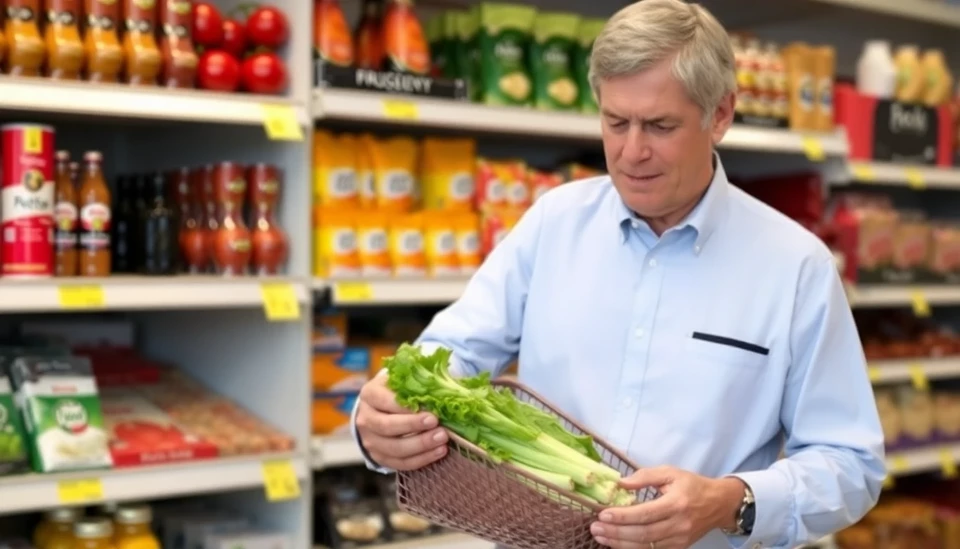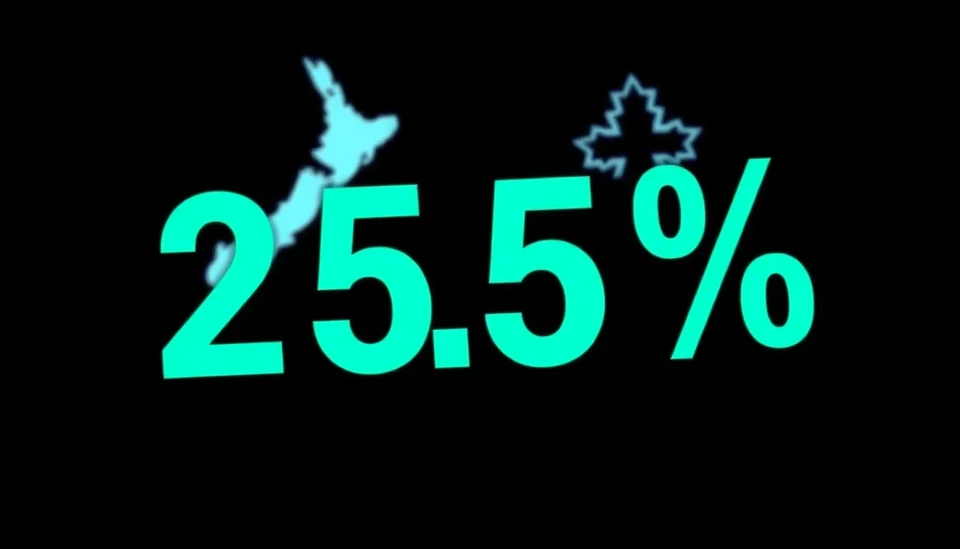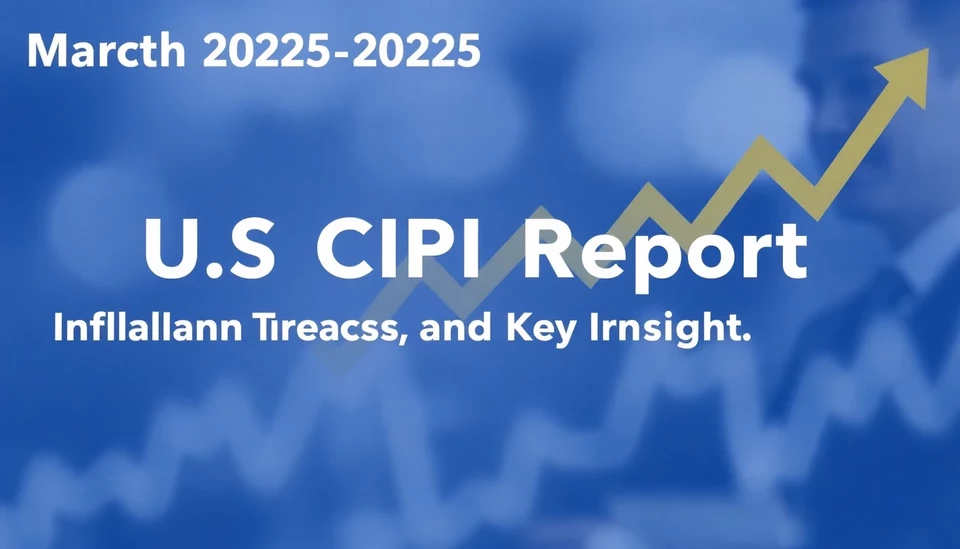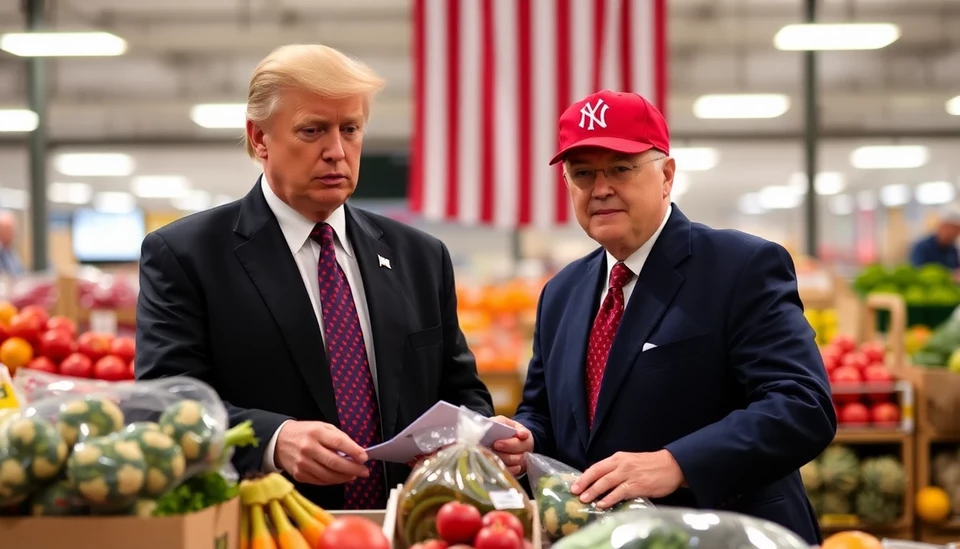
In a significant economic development, food prices in the United Kingdom have witnessed their most substantial rise in nine months, prompting experts and analysts to speculate on the implications for monetary policy ahead of the upcoming Bank of England (BoE) meeting. This increase is creating a wave of concern among consumers who are already grappling with the cost of living crisis.
Recent data indicates that food prices have escalated by 1.4% in January alone, marking the largest monthly surge since April 2023. This uptick in prices is part of a broader trend that has seen consumer inflation persist despite previous efforts by the BoE to curb it through interest rate hikes. Economists are closely analyzing this data, as it could influence the central bank's decisions regarding interest rates during their next policy meeting.
The factors contributing to this significant rise in food prices include persistent supply chain disruptions, increased production costs, and fluctuating global commodity prices. As the effects of last year’s inflationary pressures continue to ripple across the economy, the food sector has not been immune. Analysts warn that this situation could lead to further strain on household budgets, particularly for lower-income families.
With the January figures coming in ahead of the BoE's upcoming meeting, where policymakers are expected to review interest rates, the implications of rising food costs could steer the discussions towards an aggressive stance in an attempt to mitigate inflation. The ongoing situation has sparked renewed debates around food inflation's impact on overall economic stability, further complicating the BoE’s efforts to tailor effective fiscal measures.
The rising prices are not confined to just food; other essential consumer goods and services are also experiencing upward price pressures, making it increasingly difficult for households to stretch their budgets. Experts predict that if these trends continue, it could set the stage for a prolonged period of economic adjustment, as the populace adjusts to higher living costs.
As the BoE prepares for its forthcoming meeting, all eyes will be on how they respond to these new inflation figures, gauging whether they will adopt a more cautious or aggressive approach in their monetary policy strategy. The challenge lies in balancing inflation control with supporting economic growth without overburdening consumers even further.
In conclusion, the rise in food prices is not just a short-term blip; it reflects deeper systemic issues within the UK economy. As various stakeholders prepare for the implications of these changes, the hope is to navigate these turbulent waters without exacerbating the hardships faced by everyday citizens.
#FoodPrices #BankofEngland #UKEconomy #Inflation #CostOfLiving #EconomicPolicy #ConsumerGoods
Author: Daniel Foster




